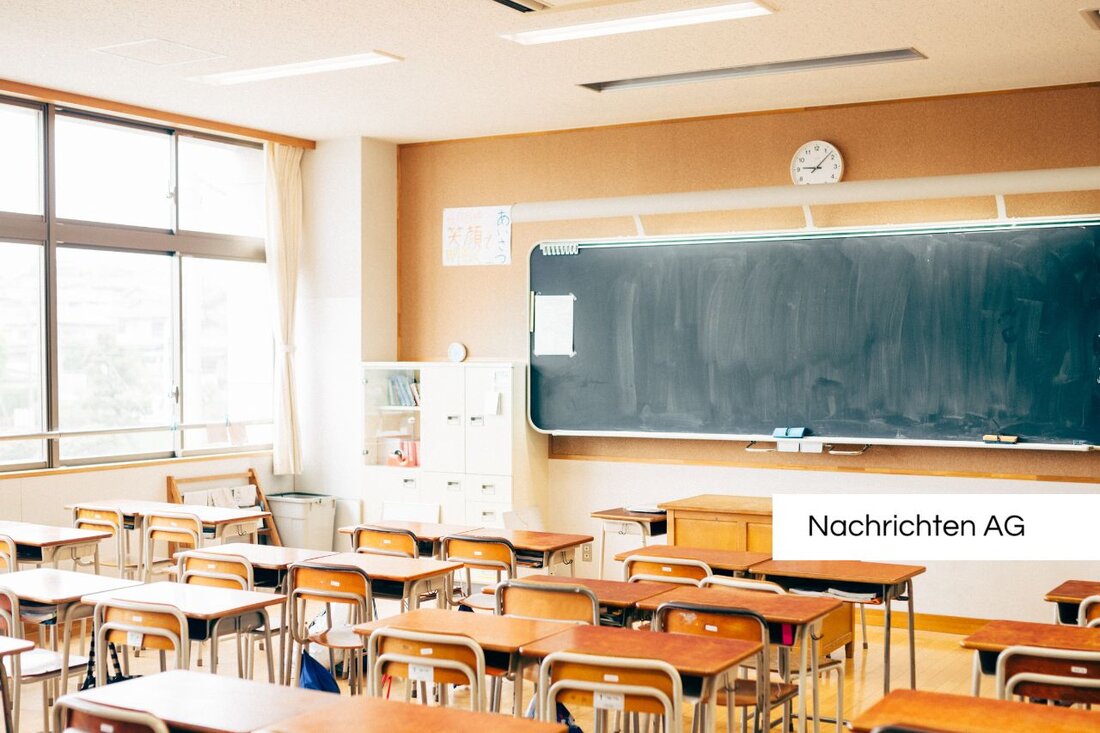Mannheim sociologist Irena Kogan elected to the Science Academy!
Prof. Dr. Irena Kogan from the University of Mannheim was elected to the Mainz Academy of Sciences to promote social integration.

Mannheim sociologist Irena Kogan elected to the Science Academy!
On August 19, 2025, Prof. Dr. Irena Kogan, a renowned sociologist at the University of Mannheim, was elected to the Mainz Academy of Sciences and Literature. This academy is known for its role as a non-university research institution dedicated to the cultivation of science and literature, as well as the promotion of young scientists. Kogan said that her appointment was a great honor and that she was keen to promote interdisciplinary discourse on social integration and inequality. University of Mannheim reports that in the academy, each of the three classes can elect a maximum of 50 full members who are leaders in their field.
Kogan began her academic career with a summa cum laude doctorate on the labor market integration of migrants at the University of Mannheim in 2006 and was director of the Mannheim Center for European Social Research (MZES) from 2020 to 2023. Her research fields include social inequality, migration and ethnicity as well as the transition from school to work, and she now leads the project “Partnership formation for refugees in Germany” (PARFORM), funded by the European Research Council. She is also co-responsible for the international long-term project CILS4EU, which examines the development of children with a migrant background.
Educational inequality in Germany
The background for Kogan's commitment to research is the ongoing issue of ethnic educational inequalities in Germany, which is addressed in various studies. According to a study by Becker and Gresch, which was published in an anthology on ethnic inequalities in the education system, the educational aspirations of families with a migrant background are often higher than the actual educational qualifications, which is a paradoxical finding. These inequalities have deeper causes, which lie both in social background and in structural forms of discrimination in the German education system. The Federal Agency for Civic Education points out that the transition from primary to secondary education is particularly affected by such unequal conditions.
Furthermore, an analysis by the Federal Institute for Population Research shows that both migration background and social class have independent effects on the competence level of students. These factors reinforce each other and lead to significant educational disparities. Regional differences also play a crucial role, as the data from the 2006 PISA study shows. The publication of the BiB highlights the importance of the policy implications that can be derived from these results.
As research advances in the coming years, it will become clearer how urgently action is needed to address these inequalities. Kogan's election to the Academy could result in a significant contribution to these important social issues. Your commitment will undoubtedly raise awareness of social inclusion and inequality in academia and beyond.

 Suche
Suche
 Mein Konto
Mein Konto